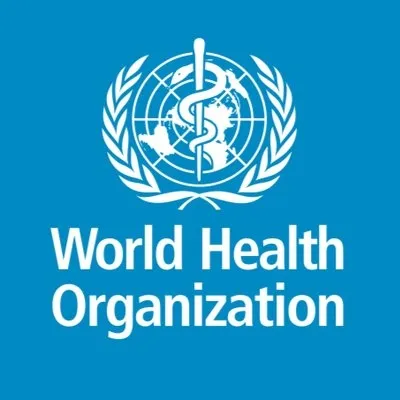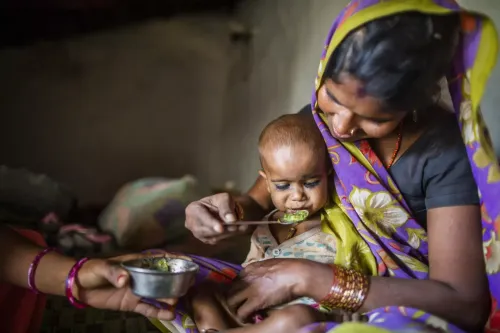How Are Ayushman Bharat, POSHAN Abhiyaan, and Swachh Bharat Transforming Health and Economy?

Synopsis
Key Takeaways
- Ayushman Bharat is the largest publicly funded health insurance scheme in the world.
- POSHAN Abhiyaan focuses on nutrition, especially for vulnerable groups.
- Swachh Bharat Mission has drastically reduced open defecation.
- Healthcare initiatives are seen as investments in human capital.
- Good governance in health correlates with sound economic policies.
New Delhi, Sep 24 (NationPress) Ayushman Bharat, POSHAN Abhiyaan, and Swachh Bharat are playing a crucial role in combating diseases while fostering human capital, as stated by Prime Minister Narendra Modi on Wednesday.
In a message on the social media platform X, the Prime Minister’s Office (PMO) shared an article by Dr. Devi Prasad Shetty, Chairman at Narayana Health, which elaborated on how the government is utilizing healthcare as a tool for economic transformation.
“According to Dr. Devi Prasad Shetty, India’s healthcare system is now a pivotal driver of economic growth. Initiatives such as Ayushman Bharat, POSHAN Abhiyaan, and Swachh Bharat are effectively reducing diseases, safeguarding household savings, and enhancing human capital,” the post highlighted.
“Viewing health as an investment rather than an expense is positively influencing governance and prosperity,” it added.
In his article, Shetty, a well-known cardiologist, explained how healthcare policy under Prime Minister Modi has shifted from a welfare approach to the vision of a “Viksit Bharat” — a developed India — by 2047.
While outlining the accomplishments of the government-led health initiatives, he mentioned that “effective governance in healthcare equates to sound economic policy.”
Shetty elaborated on how Ayushman Bharat, introduced in 2018, has emerged as the world’s largest publicly funded health insurance program. This scheme serves more than 55 crore economically disadvantaged citizens by providing accessible and affordable healthcare.
The health insurance initiative has been instrumental in minimizing Out-of-Pocket Expenditure (OOPE) by enhancing social security and primary health funding.
As of June, over 9.84 crore hospital admissions worth more than Rs. 1.40 lakh crore have been authorized under the flagship AB PM-JAY scheme, according to Health Ministry data.
Despite persistent challenges related to malnutrition among pregnant women, lactating mothers, and young children, the government initiated POSHAN Abhiyaan in 2018.
Shetty remarked that this initiative, which emphasizes early-life nutrition, will yield “returns on investment that can be measured in decades of increased productivity.”
Furthermore, the sanitation initiative under the Swachh Bharat Mission has led to the construction of millions of toilets in villages and towns, drastically reducing open defecation, mitigating water-borne diseases, and saving an estimated 60,000-70,000 infant lives annually, Shetty noted.
“The transformation witnessed in India’s health sector since 2014 illustrates how a government can leverage public policy to achieve both equity and economic vitality. By redefining healthcare as a pillar of productivity, Modi has transitioned the narrative from charity to investment,” Shetty concluded in the article.









